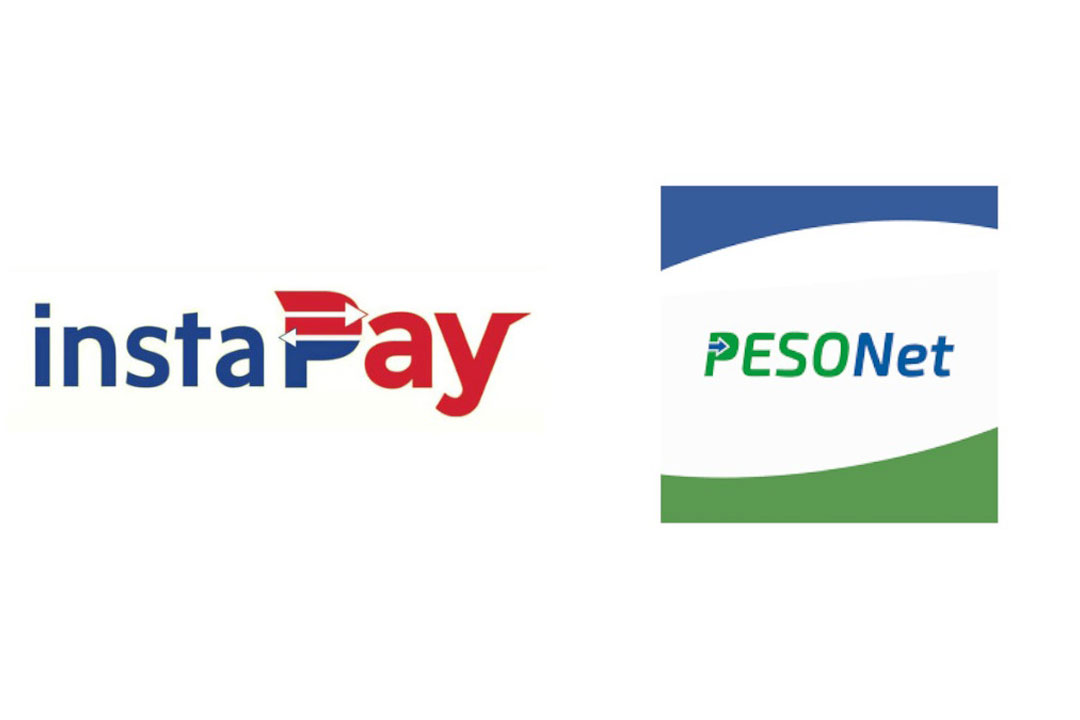BSP eyes designation of four more as prominently important payment systems

THE CENTRAL BANK is looking to designate automated teller machines (ATM), the check image clearing system (CICS), and two major electronic fund transfer services PESONet and InstaPay as prominently important payment systems (PIPS).
The Bangko Sentral ng Pilipinas (BSP) has drafted a memorandum on the guidelines for the designation of the check image clearing system, ATM, PESONet and InstaPay as PIPS.
Once approved by the Monetary Board, all participants of these payment systems will have to comply with the regulations under the Payment System Oversight Framework.
A PIPS has the potential to have a major economic impact or may affect public confidence in the national payment system or in the circulation of money in general.
In comparison, systematically important payment systems (SIPS) are those that have the potential to pose risks that could threaten the stability of the national payment system.
“As participants of the designated payment system, subject recipients are expected to contribute towards observance by the CICS, ATM, PESONet and InstaPay of the Principles for Financial Market Infrastructures (PFMI) relevant to PIPS,” the draft memorandum said. These principles focus on risk management for payment systems.
Under the National Retail Payment System, the PESONet is an electronic fund transfer service facilitating transactions worth more than P50,000 which is credited to the receiver by the end of a banking day.
Meanwhile, its retail counterpart InstaPay allows real-time fund transfers for transactions not exceeding P50,000.
BSP data showed PESONet participants include 87 financial institutions such as banks and electronic money issuers as of Aug. 31. Meanwhile, there are 45 financial institutions that have sender/receiver functions in InstaPay, while 11 are only receivers.
The draft memorandum also requires participants of a PIPS to submit reports that are required by the BSP to evaluate a particular payment system or the national payment system as a whole. They are likewise expected to submit documents relevant to on-site assessments made by the central bank.
Nonbank participants of a PIPS are also expected to implement a risk-based, on-boarding process for its users and due diligence of service providers for payment-related activities.
Under the draft, the governing body will have to establish payment system rules and standards to ensure “safety and efficiency of payment transactions; settlement with finality; visibility of clearing and settlement positions,” among others.
The governing body will also develop and implement rules on risk management, as well as ensure business continuity and other contingency measures are in place “for high availability of the payment system and data at all times.”
For settlement not using central bank money, the governing body will also have to lay out criteria for the selection of a Treasurer or Settlement Bank, as well as monitor compliance and perform due diligence.
To recall, the Monetary Board has approved the accreditation of the industry-led Philippine Payments Management, Inc. (PPMI) as a Payment System Management Body last year.
The draft memorandum said operators of designated payment systems should comply with operational and technical rules in accordance with the relevant BSP regulations. They also need to closely coordinate with the central bank and the governing body to ensure the reliability of the payment system.
Concerned stakeholders are given until Oct. 15 to submit their feedback to the BSP regarding the proposed memorandum.
In August, the Monetary Board has designated the Philippine Peso Real-Time Gross Settlement Payment System as a SIPS. Following this, participants of the PhilPaSS plus were required to comply with the regulatory requirements set by the central bank and international standards in relation to the designation. — L.W.T.Noble



